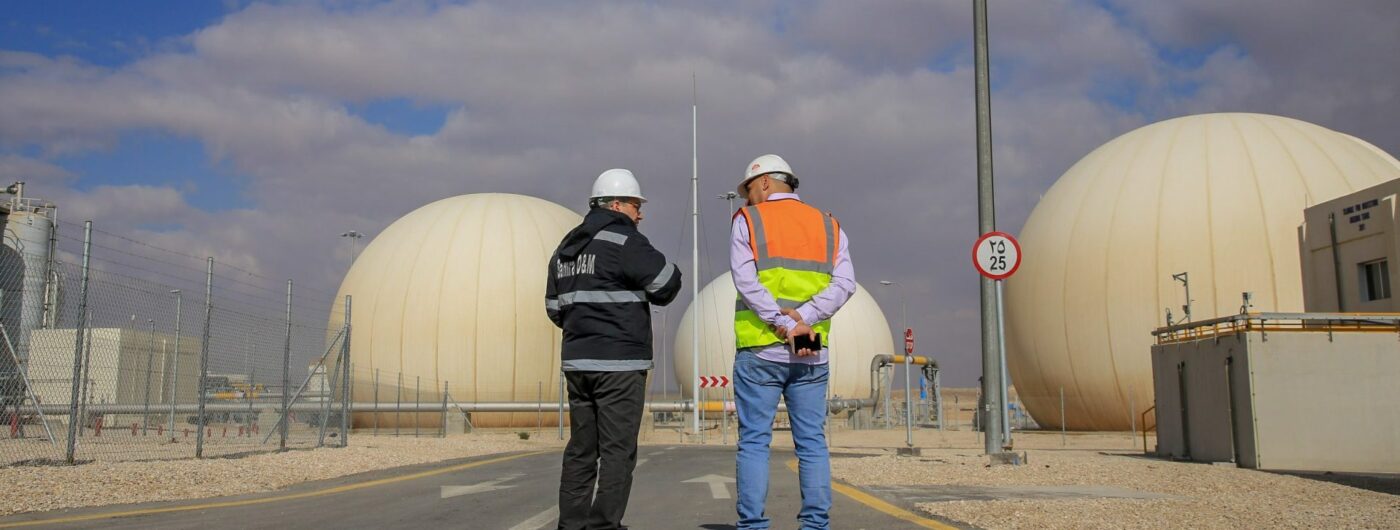
UfM Water Agenda: looking for responses to the COVID-19 crisis and challenges in the Mediterranean region
- The availability of freshwater in the Mediterranean region could decrease by 10% to 15% over the next 20 years while the population continues to grow.
- The COVID-19 pandemic provides an opportunity to re-examine regional priorities and practices and seize opportunities for progress in the UfM Water Agenda, a roadmap to meet the related Sustainable Development Goals.
- A UfM Water online meeting brought together high-level participants concerned by both the end of the confinement period and the related health risk, socio-economic consequences and many global uncertainties; and by the long-term vision of the water sector.
9-10 June 2020. The Mediterranean countries are looking for responses that not only address the impacts of COVID-19 on the water sector, but also tackle long-standing challenges in the region, including access to water supply and sanitation services for their populations. With more than 250 million inhabitants by 2040, the Mediterranean coast will experience an increase in water stress. As a response to this issue, a consultation meeting was organised by the UfM, bringing together more than 100 participants from 21 different countries and representing more than 30 regional expert organisations. The meeting counted on the participation of the Minister for Energy and Water Management of Malta, Michael Farrugia; the First Undersecretary at the Ministry of Water Resources and Irrigation of Egypt, Ragab Abdel Azim; and the Secretary General of the Union for the Mediterranean, Nasser Kamel.
This meeting highlighted that countries faced significant adaptation challenges with the pandemic, that were better addressed when tackled cooperatively; for instance, it was the Mediterranean knowhow on water reuse that led to global scientific understanding of the detection of the virus in water. The consultation emphasised that, while relief and development investments are mobilised; governments, businesses and development partners need to maintain a focus on meeting the Sustainable Development Goals (SDGs) not to jeopardise the progress made over the last decades. Discussions led to the agreement of regional priority actions in the framework of the UfM Water Agenda, that will complement individual country efforts, supported by and eventually aligning with the European Green Deal, as a roadmap for a sustainable and resilient recovery.
UfM Secretary General Nasser Kamel highlighted: “this pandemic provides us with an opportunity to build better actions with tangible results for our citizens and our environment. Through the implementation of the UfM Water Agenda we aim to ensure a sustainable water supply not only for domestic water use but also for energy production, irrigation and environmental protection”.
Participants, stressed that water governance is key and requires more financing, from the public sector, the private sector and the help of development agencies. In this regard, a series of training sessions will be held to assist water ministries from the region in addressing international climate financiers to implement transformative climate resilient water projects. A financial strategy will be drafted to explore potential reductions in costs from technological and organisational innovations in the sector.
More information
Speakers said:
- Ali Subah, Secretary General, Ministry of Water and Irrigation of Jordan, stated that priorities of the regional water agenda have changed due to COVID-19, but the main strategies and projects remain. Revisiting them would probably be needed to better respond to this newfound situation.
- Daniel Calleja, Director General, DG Environment, European Commission, shared that the EU Commission is working towards recovery, which has to be achieved in a sustainable way. He also emphasized that ‘We need to act together and we need to act now’.
- Monika Weber-Fahr, Executive Secretary & CEO, Global Water Partnership (GWP), affirmed that we should become bolder and more decisive on our collective efforts to achieve the SDGs and face the challenges with vision and wisdom. Water security is at the core of SDGs of COVID preparedness: “we are called to face these today with vision and wisdom”.
- Alain Mayssonier, President of the Institut Méditerranéen de l’Eau “UFM and IME have to play the role of Exchange Platform to promote the new dimension of the “five fingers Alliance” (Water, Energy, Health, Foods and Education), which analyses the impact of COVID-19 on the water agenda, and supports the implementation of the strategy by providing a platform for policy dialogue and by labelling exemplary projects.”
- Almotaz Abadi, UfM Water Managing director: “The meeting showcased commitment by the government, in the institutional and stakeholder side. A regional approach will help to tackle the challenges, by fostering regional coordination, responses and initiatives and with the support from donors and development partners.”
UfM Water Agenda
Working under the mandate of the Ministerial Declaration on Water (Malta, April 2017), the UfM Water Expert Group elaborated a Water Agenda and an associated Financial Strategy. The Water Agenda, titled “Water Policy framework for Actions 2030”, contains four priority thematic areas: Water-Energy-Food-Ecosystem Nexus (WEFE); Water-Employment-Migration (WEM); Water Supply, Sanitation and Hygiene (WASH), and Water and Climate Change Adaptation (CCA). This agenda was endorsed in December 2017, and its implementation has been ongoing since then.

